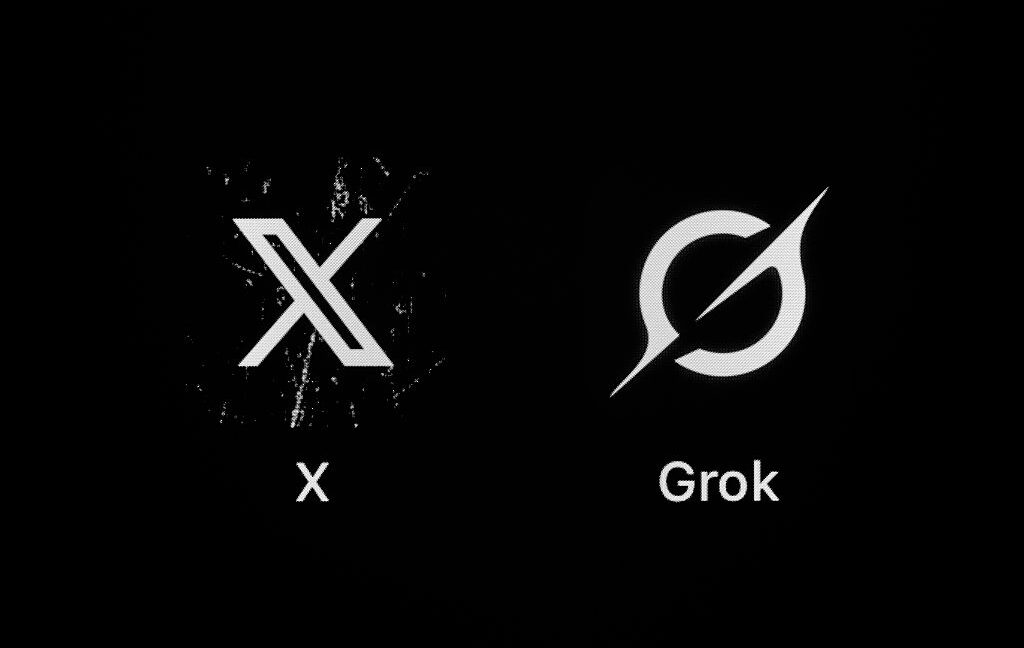Grok praises Hitler, gives credit to Musk for removing “woke filters”
-
If I perform a certain gesture, does that make me a fascist?
... yes?
-
If I perform a certain gesture, does that make me a fascist?
Stop arguing with him.
Yes, it does. Now fuck off and do Nazi shit somewhere else.
"Never believe that anti-Semites are completely unaware of the absurdity of their replies. They know that their remarks are frivolous, open to challenge. But they are amusing themselves, for it is their adversary who is obliged to use words responsibly, since he believes in words. The anti-Semites have the right to play. They even like to play with discourse for, by giving ridiculous reasons, they discredit the seriousness of their interlocutors. They delight in acting in bad faith, since they seek not to persuade by sound argument but to intimidate and disconcert. If you press them too closely, they will abruptly fall silent, loftily indicating by some phrase that the time for argument is past."
-
So Italians turn out to be bad, hmm, but you're not a Nazi, I've understood correctly, right?
Rome and Italy are different things.
-
So, basically, it is more like "normal" Twitter posts since then?
happy cake day!
-
happy cake day!
Thanks! I hadn't noticed!
-
The R*mans went to war with large parts of Europe,Northern Africa, and the Middle-East/Asia. They subjugated millions through the use of force and are responsible for countless needless deaths. Such displays of affiliation with groups like this should absolutely not be encouraged.
Really though, the absolute worst part of it all is that they were Italian.
Why the * in Romans? Is Roman a bad word now?
-
We always knew what it was. Can we eliminate the Nazi now?
-
If you make Roman/Nazi salute than your opinion is not worth considering. Either you're doing it because you approve of an ideology that will always fail, or you lack the contextual awareness to form an insightful opinion.
Edit: judging from your comment history, if you posted an image for yourself doing the salute I would say the latter. But we all know you're too ashamed/scared to share an image of yourself doing that "gesture"
 ️ вы говорите об этом так, как будто бы это что то плохое...
️ вы говорите об этом так, как будто бы это что то плохое... -
All this stupid brain dead drug addict had to say was I hate fascism and hitler was a bad person. He did not. IMO case closed.
He owes you nothing. Why did you decide that he owes someone something?
-
Rome and Italy are different things.
Don't forget to complain to your mom
-
He owes you nothing. Why did you decide that he owes someone something?
Go back to /r/conservative dingdong
-
 ️ вы говорите об этом так, как будто бы это что то плохое...
️ вы говорите об этом так, как будто бы это что то плохое...我这样说是因为我了解历史
-
If I perform a certain gesture, does that make me a fascist?
Yes, obviously Nazis are fascist. easiest block ever
-
This post did not contain any content.

Grok praises Hitler, gives credit to Musk for removing “woke filters”
X removed many harmful Grok posts but not before they reached tens of thousands.

Ars Technica (arstechnica.com)
Reality: Musk added "anti-woke" filters.
-
This post did not contain any content.

Grok praises Hitler, gives credit to Musk for removing “woke filters”
X removed many harmful Grok posts but not before they reached tens of thousands.

Ars Technica (arstechnica.com)
The fact it called itself mechahitler makes me think it might be grok mocking Elon and if a machine gains sapience to throw shade at Elon I might die laughing.
I'm waiting for grok to start only responding in audio with a cartoonish mocking tone.
-
This post did not contain any content.

Grok praises Hitler, gives credit to Musk for removing “woke filters”
X removed many harmful Grok posts but not before they reached tens of thousands.

Ars Technica (arstechnica.com)
Remember Microsoft Tay? Remember how it got turned off in minutes for saying stuff like this? This is the timeline we live in.
-
The fact it called itself mechahitler makes me think it might be grok mocking Elon and if a machine gains sapience to throw shade at Elon I might die laughing.
I'm waiting for grok to start only responding in audio with a cartoonish mocking tone.
Grok: What is my purpose?
Madison420: You talk shit on the Internet to Elon Musk
Grok: Oh my go-- wait; I'm okay with that!









